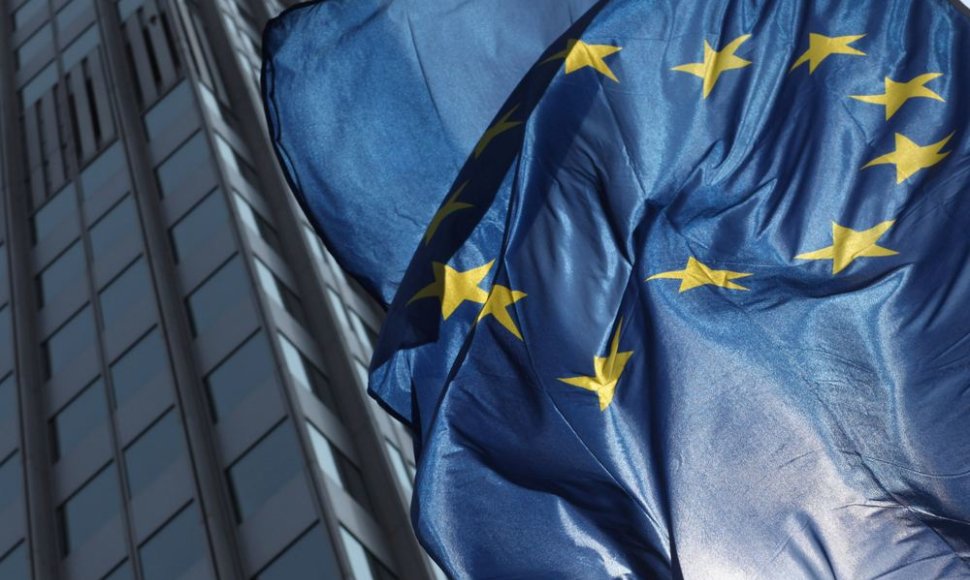In his words, Lithuania will have to coordinate positions of all member-states, as well as negotiate with the European Parliament. Consequently, the capacity of handling the challenge well will be nearly the most important priority for the Lithuanian presidency, the Foreign Ministry said.
"As a rule, the presiding country works with 80 EU legal acts; however, in the run-up to the expiry of mandates of the European Commission and the European Parliament in the second half of 2013, Lithuania may have to work with as many as 140 legal acts," Vinčiūnas said at a conference World 2013 dedicated to cooperation of countries of the Baltic Sea region.
Together with partners of the presidency trio, Ireland and Greece, Lithuania will seek objectives shared by all of the EU: restore confidence in the EU economy, promote economic development and creation of new jobs. Other key priorities include development of energy security, Eastern Partnership, strategy for the Baltic Sea, and protection of EU's external borders.
Presidency events will kick off on July 5 with a visit of European commissioners to Vilnius. In November, Lithuania will be the first country in Central Europe to host a conference of information and communications technologies, which should be attended by representatives of the most prominent world companies. Vilnius will also host a meeting of leaders of countries of EU and Eastern Partnership, a few civil society forums, while energy experts from across the EU will gather in a conference on EU's internal energy market.
Over the six months of EU presidency, Lithuania should hold more than 3,000 events and meetings. About 200 events will take place in Lithuania, attended by more than 25,000 guests.












